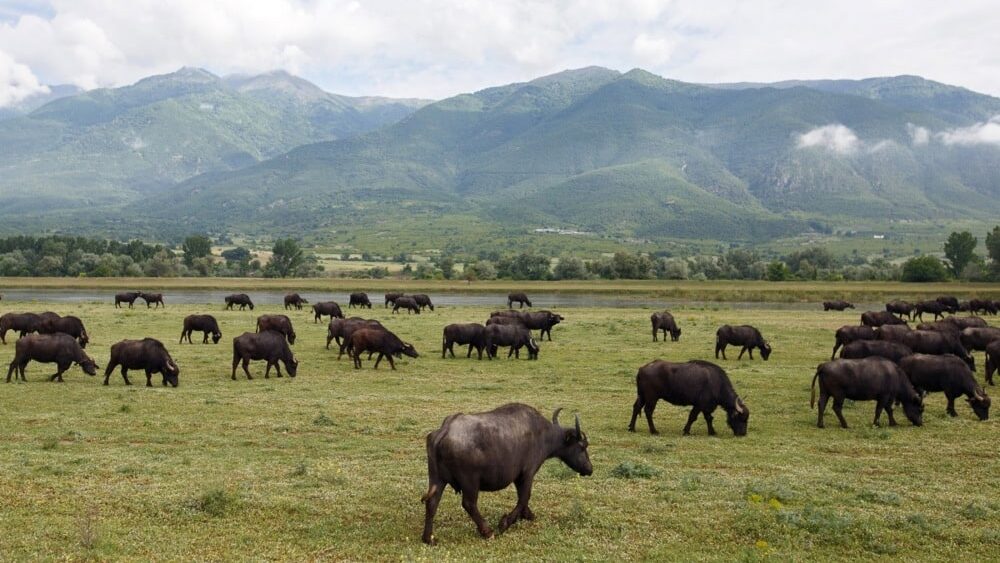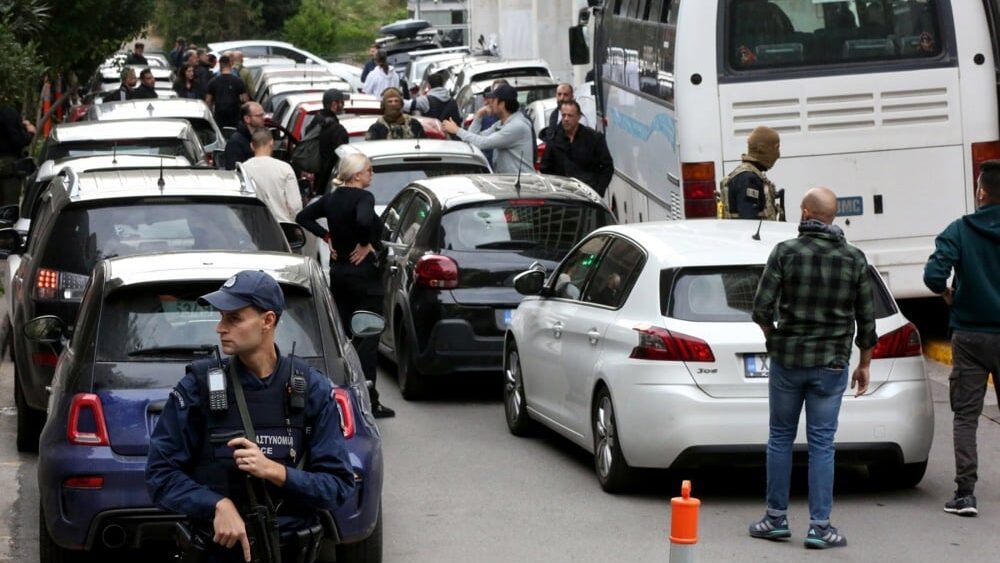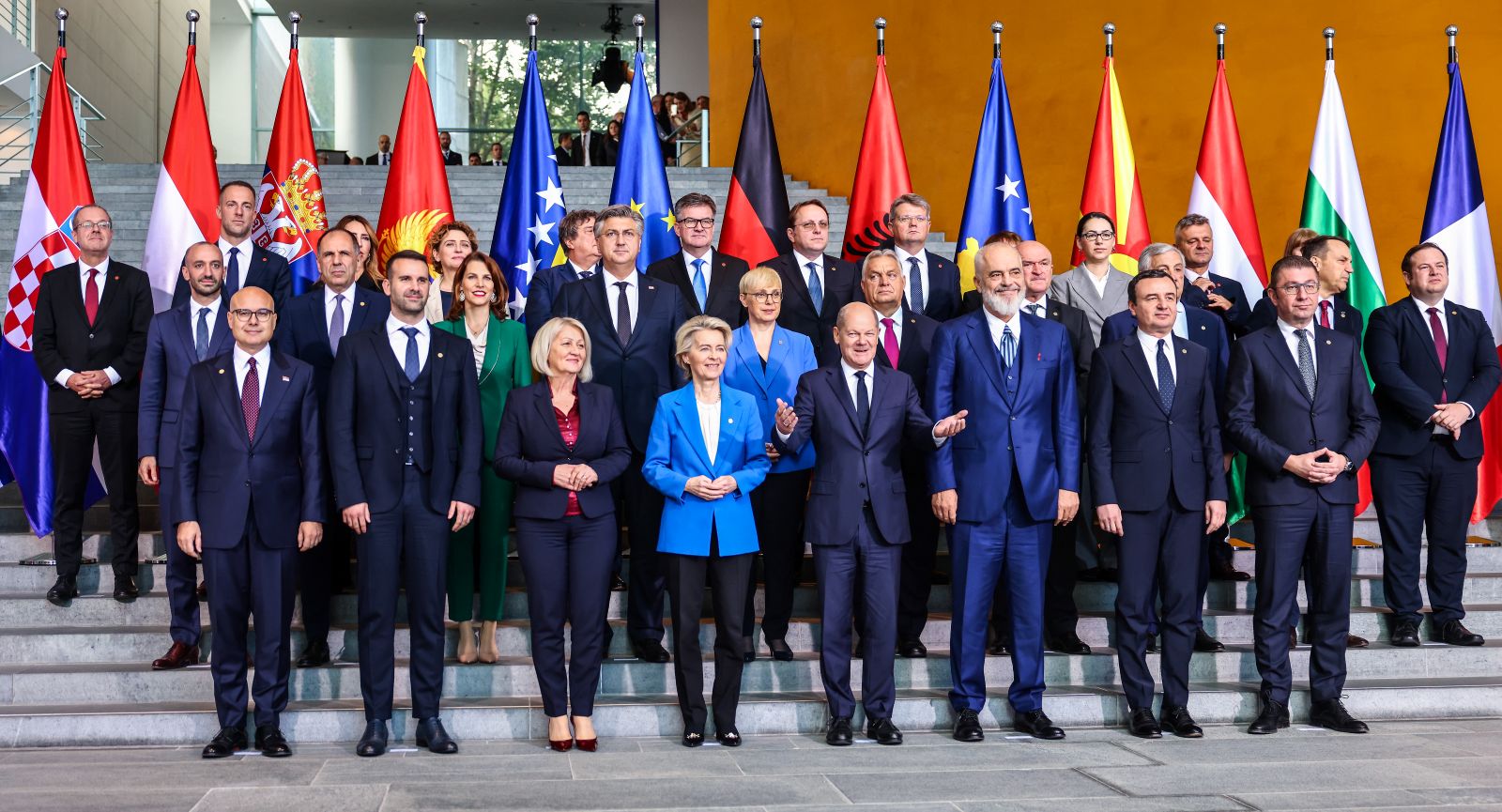Fake Farmers: Greek EU Aid Scam Highlights Scourge of ‘Clientelism’
Source: Balkan Insight
Five years ago, Vaios Ganis received an anonymous letter sent to his home in the Domokos municipality of central Greece.
As head of the regional agricultural association, Ganis was shocked to read the contents.
The sender alleged that certain people in Domokos were receiving European Union agricultural subsidies for pastureland they did not own or lease and for agricultural work they never did.
“The tenants had nothing to do with agricultural production, but they received two to three million euros a year in subsidies,” said Ganis, a 58-year-old wine producer and president of the agricultural association of Northern Fthiotis.
He forwarded the allegations to Greece’s Ministry of Rural Development, the Athens General Directorate of Financial Economic Crime, the Independent Authority for Public Revenue, and regional authorities.
“There was no reaction,” he said. Instead, Ganis began receiving threats.
“I have received threats against my life, and that of my partner and my son,” he told BIRN. “Threats that we’ll end up in a ditch.”
Five years on, Ganis is preparing to give evidence to the European Public Prosecutor’s Office, EPPO, which is investigating dozens of such cases dating to 2017.
This month, Greek financial crime police carried out an inspection at the offices of the Greek state body overseeing distribution of the funds – OPEKEPE, or the Organisation for Payments and Control of Community Aid Guidance and Guarantees, amid claims the scam could not have been carried out on such a scale without at least the tacit permission of those in charge.
“There are people who receive money without having invested in machinery, equipment, animal or plant capital,” said Ganis.
The original article: belongs to Balkan Insight .



